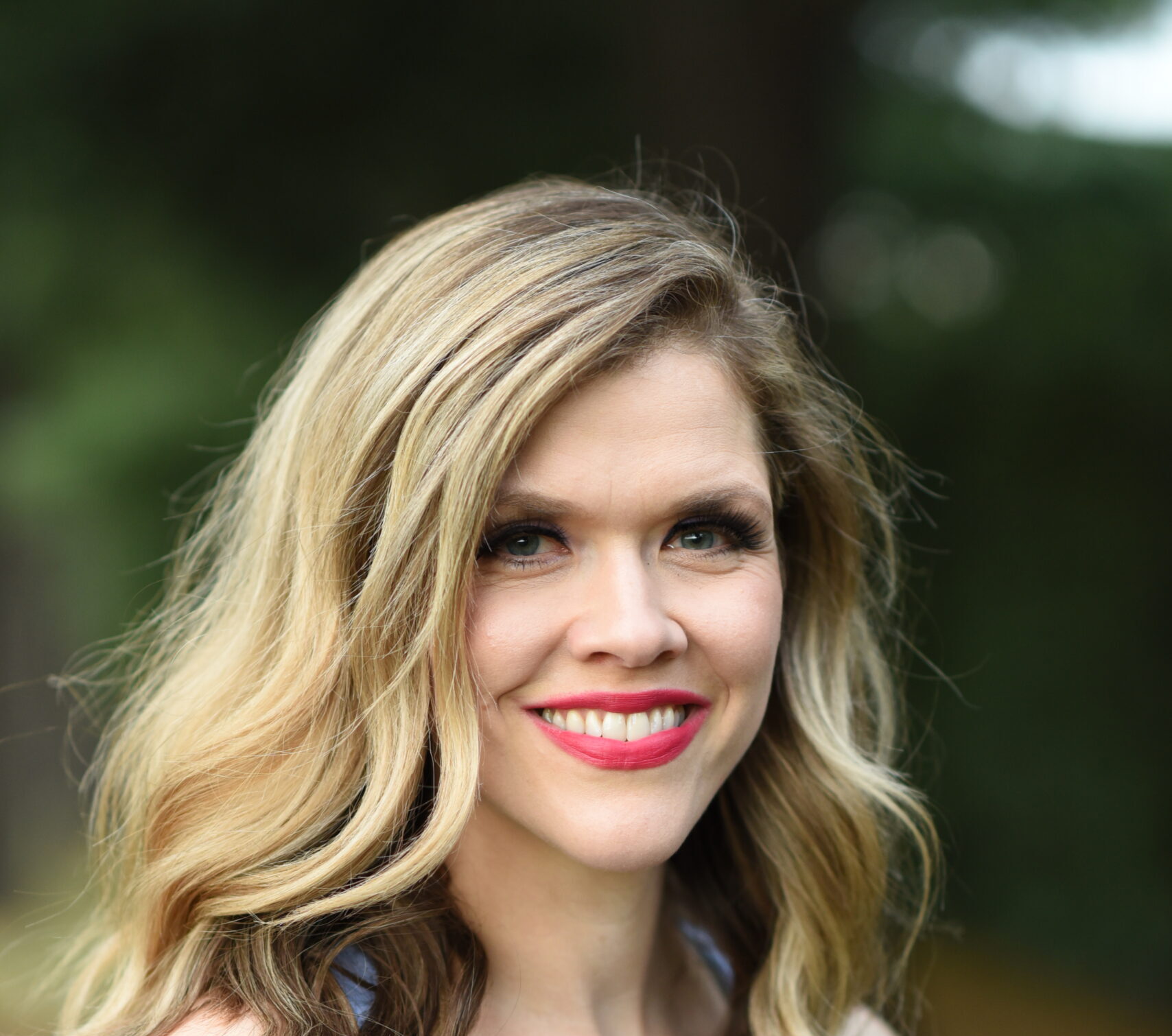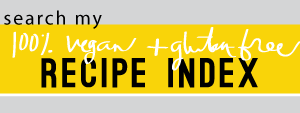Should I include oils in my diet?
The amount of questions and emails I get about oils are only second to what about protein? or you drink milk, right?
This issue is divisive, and in the plant-based vegan world there are essentially two camps: the McDougallar/Esselsytnites (absolutely no oils) and everyone else.
My last post about oil (which was over two years ago) still stands true to what I personally choose to do (I’m mostly in the McDougall camp). With a caveat. And here it is.
I’ve realized that individuals can include oils in their diet and still be healthy and trim. But, there’s a big but, here, so keep reading.
Oil is an extremely calorie dense food, therefore this makes over consuming calories very easy, if one isn’t careful. Oils are what make potato chips and french fries, salad dressings, and fried foods so calorie dense (meaning a large amount of calories in a small volume of food).
Nuts and seeds are most always a better option of fats than oils, since they come with the whole, unprocessed package. But let’s be realistic. There are just some dishes where the oil can’t be replaced with applesauce (as you can easily do in baked goods), or eliminated (as in sauteing onions), like in this Mexican rice dish (I don’t think replacing the oil with nut butter would go over too well). In these instances, use as little as possible, and be aware of your portion sizes.
I used to be very strict in my approach towards oils (never, at any time). But as my life has evolved, I’ve realized that I don’t need to completely avoid oils. This is because I’m burning through 3,000+ calories a day, and to do so without some refined foods (including foods that contain oils like some soups and things like Earth Balance), is really difficult.
So I eat a small amount of nuts, seeds, tofu, and other higher calorie foods. As long as I’m mindful of the portion sizes of these foods and continue to breastfeed and am extremely active, it is not a problem for me (and I enjoy life much more because I don’t have to stuff myself with food to reach my caloric needs and keep my up my energy).
Do I add oils, like olive or canola oil, to my food? No, but I will on occasion use oil in the foods I prepare for my family because it gets my sometimes picky kids and husband to get excited about eating foods that they normally wouldn’t be crazy about. Or when I just can’t get around making a favorite recipe without it.
Because my husband is not vegan (although we are all gently encouraging him to move in that direction!), I’m am always trying to make dishes and buy foods that are better options than what he is used to. If this means there is a small amount of oil in it, I’m all for it. [A good example of this is one of my husband and kid’s favorite vegetable dishes, super quick & easy green beans.]
I try to avoid oils, but should there be a small amount of oil in something, I will still eat it. I used to be very strict about the oil thing, but for me, I’ve realized it’s principles that work best for my pysche, rather than don’t’s or shouldn’ts. So I focus on what I should and can eat: lots of vegetables, starches, and fruits.
A plant-based, whole foods diet is about being healthy. Not obsessive, and for some, never allowing certain foods can create obsessive/punitive thinking and behavior.
It’s a process to figure out what realistically you can do, but over time as you focus on the principles and not so much a list of do’s and don’ts you’ll find a happy, healthy balance you can live with.
You have a few plant-based doctors (McDougall and Esselstyn, being at the forefront of the movement) advocating absolutely no oils. Not a drop. Ever. [I don’t want to speak for McDougall, so if you want to read how he feels about the oil issue, go here.]
There are others, like Dr. Neal Barnard and some R.D.’s like Ginny Messina, or Jack Norris who make some allowances for some oil in the diet. [Click here, if you want to read a post by Ginny on oils in the diet. It provides another perspective on the issue.]
Dr. McDougall and Esselstyn are doctors working with patients who have major health issues–obese, diabetic, and/or have heart disease, among other conditions. It would stand to reason that there approach is the strictest, as they are using a purely dietary approach to treating these conditions. Certainly, their approach doesn’t only apply to patients with degenerative disease, but I understand why they advocate what they do.
The others, like Jack Norris, Brenda Davis, or Ginny Messina (all vegan R.D.’s), take a more moderate approach to the issue which does a favor for plant-based diets in that it is a bit more appealing and doable. Imagine, those looking into plant based diets saying, “give up meat? milk? cheese? eggs? AND oil??? So not even a drop of olive oil on my five cups of lettuce??!” (I’m not of this mentality, but I get it, because I know a lot of people who could give up all the other stuff, but oil, too?!).
As I mentioned in my other post on oil, it really isn’t too difficult to reduce or eliminate if you choose. But if you do choose to include oil in your diet, realize if you’re doing it for the fat, you can get plenty of fat through nuts, seeds, avocados, soy foods, and coconut products. If you’re consuming oil because you think it’s good for your heart, I’d focus your efforts more on eating plenty of whole, unprocessed foods and exercise (which is proven to help keep your heart healthy, and read Dr. Esselstyn’s book on Preventing & Reversing Heart Disease). If you’re including oils in your food to help them taste more appealing, then do so with discretion, and enjoy, because food should be enjoyed!
One last thought, a plant-based or whole foods diet, in my mind should be doable. If someone is going to eat more vegetables in their diet if it has a little fat added to it, then I say, do whatever it takes to get them to replace their french fries and hot dogs with the vegetables.
I know some may not agree with me, but I’ve been eating this way for six years, and time has shown me that not everyone can and wants to eat at the level I choose to, but everyone can and wants to eat better.
Again, if this means adding a small amount of oil to your diet (while making sure to pay attention to the other aspects of your diet), then go for it.
When should I consider completely eliminating oils (this means no Pam Spray, no soups, dressings, breads, tortillas, or anything that has even a drop of oil):
If you have heart disease, diabetes, or other degenerative disease. If you are sedentary and/or obese or have trouble maintaining a healthy weight.
When should I consider including a small amount of oils in my diet?:
If you are extremely active (more than 2 hours of vigorous activity a day), a male and vegan (males naturally have higher metabolisms and greater caloric needs) and are losing too much weight or having trouble maintain a healthy weight, toddlers (babies & toddlers have slightly different nutritional needs), pregnant or nursing mothers, or active children who do not have a weight problem (like my kids–I can’t get them to stop moving!).
I hope this was helpful to you. I’d like to know what you think!
Question(s) of the Post:
What’s your take on oils? Do you completely avoid them, occasionally use them, or include them in most of your dishes? Why or why not?



Comments